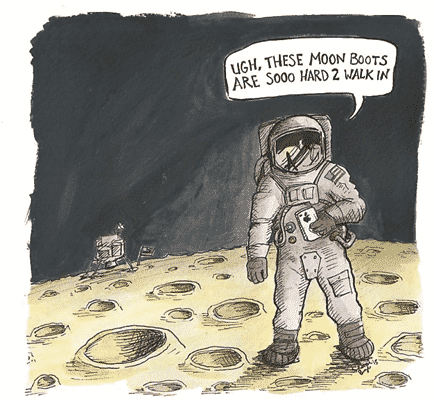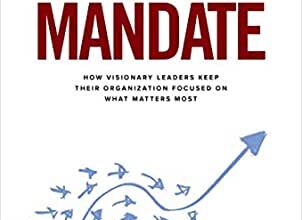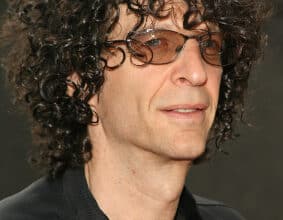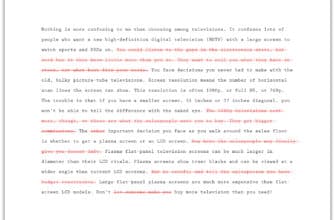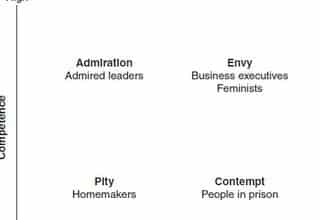I was in an interview recently when one of the managers asked the dreaded “What’s your biggest weakness” question. I do not like this question. There is no way to answer it in a way that is both satisfactory and honest. It is obviously disingenuous when you say, “I work too hard” or “I’m too much of a perfectionist.” These humblebrags are prominent in the ways we communicate and, whether or not you realize it, they are damaging your credibility.
The term humblebrag is relatively new. Defined as a “self-deprecating statement whose actual purpose is to draw attention to something of which one is proud,” this word was added to the Oxford Dictionary in 2014. Where people use to all-out boast, humblebragging became an attempt to display humility though a veiled complaint while also mentioning how rich/attractive/creative/successful they are. Check out some of the tweets below that try to appear humble amidst a brag:
The general intent of the humblebrag is to soften the message. However, research shows that it may not be as affective as you were hoping. A Harvard Business School study found that when given the choice between bragging, complaining, and humblebragging, it’s better to (honestly) brag than to (deceptively) humblebrag. According to the findings,
Humblebraggers experience the positive effect from bragging and the positive feeling that they are not actually bragging, while recipients react negatively to both the self-promotion and the attempt to mask it.
To test this idea, participants in the study rated one of three statements on likeability and sincerity:
- “I am so bored of people mistaking me for a model.” – a humblebrag
- “People mistake me for a model.” – a brag
- “I am so bored.” – a complaint
The results showed that the complaints received the highest likability scores and the highest ratings for perceived sincerity, while the humblebrags received the lowest scores in both categories. So, complainers are preferred over braggers and everyone is preferred over humblebraggers. And if you aren’t concerned with being seen as likeable or sincere, the research also found that braggers earn more money than humblebraggers.
The next time something great happens, don’t undermine it with fake humility. Own the win and be proud that you achieved it. If that feels uncomfortable either 1) it’s not something to be proud of, or 2) you are being too humble. Either way, don’t dress it up with what you consider to be a more socially acceptable way to boast. It’s not sincere and everyone knows it, including you. Now if you’ll excuse me, responding to all of my reader’s comments has forced me to take a much needed siesta.

